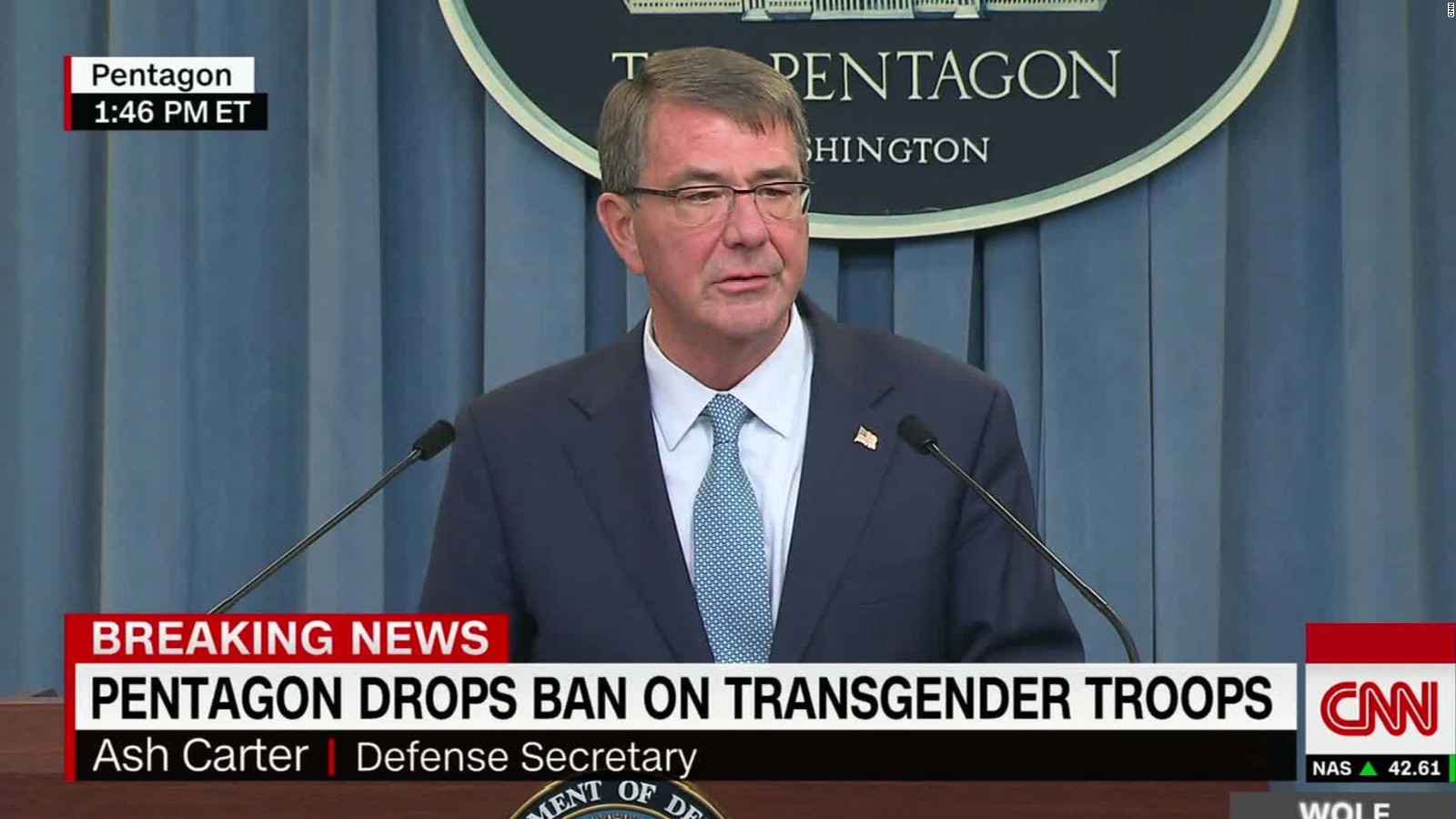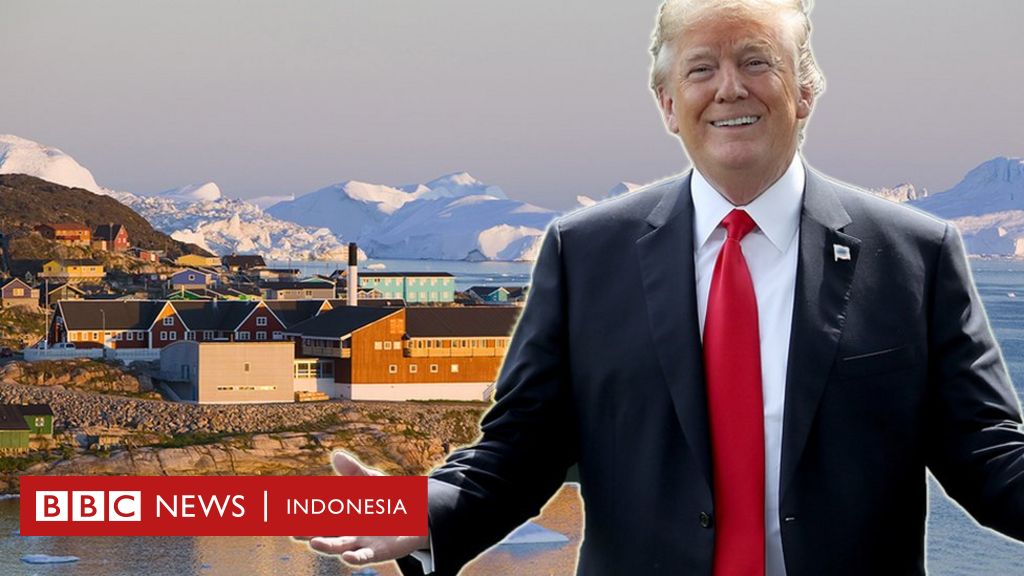Trump's Transgender Military Policy: An Analysis Of The Controversy

Table of Contents
The Genesis of the Policy
The Trump administration's decision to ban transgender individuals from serving openly in the military didn't emerge in a vacuum. It followed years of evolving military policies regarding LGBTQ+ service members and was heavily influenced by the political climate of the time.
-
Prior Obama-era policies: The Obama administration had implemented policies allowing transgender individuals to serve openly in the military, marking a significant step towards inclusivity. This change was gradual, involving medical transition guidelines and updated regulations.
-
Social and political pressures: The decision to reverse this policy was heavily influenced by social and political pressures. Conservative groups actively campaigned against transgender inclusion in the military, citing concerns about costs, readiness, and perceived disruption to unit cohesion. These groups exerted significant influence on the Trump administration.
-
Key figures in the Trump administration: Several key figures within the Trump administration, including then-Secretary of Defense James Mattis, played crucial roles in shaping and implementing the policy. Their perspectives and influence significantly impacted the final decision.
The official justifications given for the ban primarily centered on concerns about combat readiness, the costs associated with medical transitions, and potential disruptions to unit cohesion. However, these justifications faced considerable criticism and were challenged by numerous studies and expert opinions that found little to no evidence supporting these claims. Many argued that the policy was discriminatory and undermined the military's ability to attract and retain highly qualified personnel.
Legal Challenges and Court Battles
Trump's transgender military policy immediately faced significant legal challenges from LGBTQ+ rights organizations and individual service members. These legal battles played a crucial role in shaping the policy's trajectory and ultimate fate.
-
Key cases and their outcomes: Numerous lawsuits were filed in federal courts across the country, challenging the policy on constitutional grounds. Key cases, like Doe v. Trump, significantly impacted the policy's implementation, with courts frequently issuing injunctions against its enforcement.
-
Legal arguments: Plaintiffs argued that the policy violated the Equal Protection Clause of the Fourteenth Amendment, discriminating against transgender individuals based on sex. The government, conversely, argued that the policy was necessary to maintain military readiness and efficiency.
-
Involvement of LGBTQ+ rights organizations: Organizations like the American Civil Liberties Union (ACLU) and Lambda Legal played vital roles in coordinating legal challenges, providing legal representation, and advocating for the rights of transgender service members.
Ultimately, these legal battles led to significant delays and restrictions on the implementation of the policy. The shifting legal landscape influenced the eventual reversal of the ban under subsequent administrations.
The Impact on Transgender Service Members
Trump's transgender military policy had devastating consequences for transgender service members. The policy created a climate of fear, uncertainty, and discrimination, impacting the well-being and careers of countless individuals.
-
Stories of discrimination and hardship: Many transgender service members faced discrimination, harassment, and even discharge from the military solely based on their gender identity. These experiences caused immense emotional and psychological distress.
-
Impact on mental health and well-being: The uncertainty surrounding their future and the fear of losing their jobs led to significant mental health challenges among transgender service members, including increased rates of anxiety, depression, and suicidal ideation.
-
Challenges in transitioning or continuing service: Transgender service members faced immense difficulties in accessing necessary medical care and support during their transition, further compounding the challenges they encountered.
The policy’s impact extended beyond individual suffering. It undeniably impacted military readiness and morale by creating a less inclusive and potentially less effective fighting force.
Political and Social Fallout
The policy's announcement triggered a significant political and social backlash both domestically and internationally. The controversy further deepened existing political divisions and had far-reaching implications for LGBTQ+ rights.
-
Impact on public opinion and political polarization: The policy became a flashpoint in the ongoing culture wars, exacerbating divisions between conservative and liberal groups. Public opinion remained divided, with strong feelings on both sides of the issue.
-
International response and repercussions: The policy drew strong criticism from international allies and human rights organizations, highlighting concerns about human rights violations and the negative impact on U.S. international relations.
-
Role of media coverage: Media coverage played a pivotal role in shaping public perception of the policy, with different outlets framing the issue and its consequences in varying ways.
The long-term implications of Trump's transgender military policy extend far beyond the immediate effects on transgender service members. The controversy highlighted the continued struggle for LGBTQ+ equality and the ongoing need for greater inclusivity and understanding within the military and society as a whole.
Conclusion
Trump's transgender military policy remains a highly controversial topic, triggering intense legal battles and profound social consequences. While the policy's initial justification centered on concerns regarding combat readiness and costs, the reality reveals significant impacts on the lives of transgender service members and wider implications for military inclusion and LGBTQ+ rights. This analysis highlights the complexities of this issue, underscoring the need for continued discussion and a deeper understanding of the lived experiences of transgender individuals within the military. Further research and open dialogue are crucial to addressing the ongoing challenges surrounding Trump's transgender military policy and fostering a more inclusive and equitable military environment. Understanding the nuances of this policy is vital for creating a future where all individuals, regardless of gender identity, have the opportunity to serve their country with dignity and respect.

Featured Posts
-
 Infineon Ifx Stock Slumps Sales Forecast Misses Target Due To Tariff Uncertainty
May 10, 2025
Infineon Ifx Stock Slumps Sales Forecast Misses Target Due To Tariff Uncertainty
May 10, 2025 -
 Understanding The Candidates In Your Nl Federal Riding
May 10, 2025
Understanding The Candidates In Your Nl Federal Riding
May 10, 2025 -
 Tesla Stock Fall How Elon Musks Actions Affect Dogecoin
May 10, 2025
Tesla Stock Fall How Elon Musks Actions Affect Dogecoin
May 10, 2025 -
 Dijon Bilel Latreche Boxeur Convoque Pour Violences Conjugales
May 10, 2025
Dijon Bilel Latreche Boxeur Convoque Pour Violences Conjugales
May 10, 2025 -
 Analyzing The Impact Of Trumps Greenland Policy On Denmark
May 10, 2025
Analyzing The Impact Of Trumps Greenland Policy On Denmark
May 10, 2025
